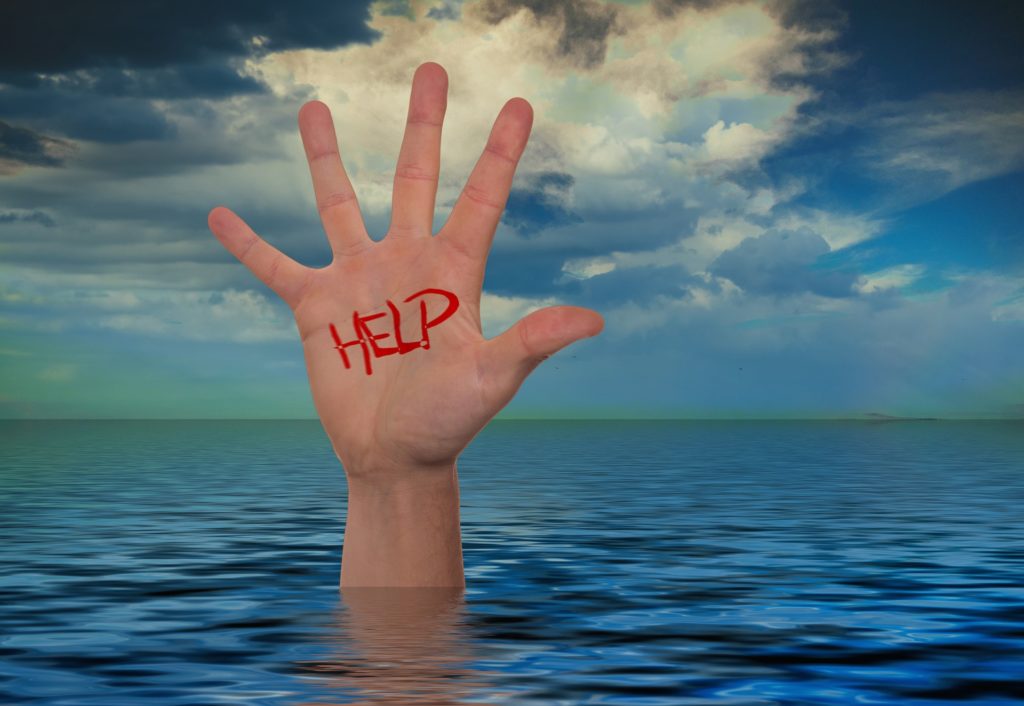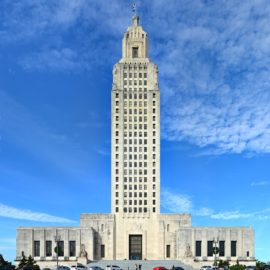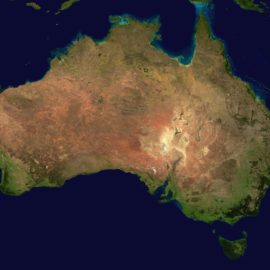
Bob Marshall pulls few punches but you can always know his stances favor the environment and what need to be done to save it. This is a good example.
So as 2021 comes to an end and I look back on 40 years covering Louisiana’s coastal crisis, what do I think our chances are now for winning this existential fight? I’m cautiously pessimistic. The pessimism comes from three factors. The first is the success anti-science politicians had blocking urgently needed regulations to decarbonize our society, the only way to quickly slow the rapidly increasing impacts of climate change. That ranks No. 1 because the biggest news for the coast in 2021 — and perhaps the last 20 years — was the finding that quickly slowing sea level rise is the only way to keep most of what’s below U.S. 90 dry beyond 2050. That verdict came from the Coastal Protection and Restoration Authority, the agency in charge of the state’s $91 billion coastal master plan. The centerpiece for that effort is using billion-dollar controlled river sediment diversions to rebuild our sinking basins. But this year, the CPRA’s computers concluded that at current rates, by 2050 sea levels will be rising so fast the Gulf of Mexico will begin drowning wetlands faster than we can replace them.
nola.com
Slightly pessimistic? This first reason seems far worse than just pessimism! But he is right as one party is anti-science and caters to business rather than what is needed to protect us from the rising waters.
We know the sea level is rising quickly mainly because fossil fuel emissions over the past 150 years have been warming the oceans. So reducing those emissions is the only sure way to slow that rise — and save some of Louisiana’s lower third. Yet almost every Republican in Congress not only fights those regulations but rejects or downplays the science behind climate change. The most egregious example is their recent move to kill President Joe Biden’s Build Back Better infrastructure plan, much of which is devoted to decarbonizing our economy. If it fails, climate scientists say, the nation likely will miss a chance to significantly slow sea level rise this century. And that would mean the Gulf would begin swallowing much of Louisiana below U.S. 90 over the next few decades
That is a big first reason, what about the other two?
The second reason for my pessimism is the disinterest the voting public has shown in this emergency by reelecting the same politicians blocking the road to coastal survival. A prime example is keeping U.S. Rep. Steve Scalise of Jefferson Parish in Congress. His coastal district includes all or parts of St. Bernard, Plaquemines, Jefferson, Lafourche, Terrebonne, St. Tammany, Tangipahoa and Orleans parishes — a corner of the country that has seen more land loss from hurricanes, subsidence and sea level rise than any other in North America and is forecast to see the highest rates of sea level rise in the lower 48. Yet even as Scalise continues to deny climate science and block regulations, he keeps getting reelected. By choosing representatives like Scalise, coastal residents are just voting to drown. It’s not a cause for optimism.
People always vote against their self interests. My mother in law did it all the time. I try not to but then I don’t expect more than 50% – 60% of my desires to be met. With low expectations I can look better. If I only had one interest then it is easier especially if one supports my issue and the other doesn’t. Now to the third.
The third reason for pessimism is the steady drumbeat of new research and measurements confirming that the causes are growing more severe and the window for enacting changes that could slow the loss has almost closed. Leading climatologists believe the world has about eight to 10 years left to dramatically reduce emissions if we want to stop serious, lasting impacts this century. That includes the drowning of much of coastal Louisiana. And the recent COP26 meetings showed that the world is not ready to make that move. So where does the “cautiously” come from this terribly pessimistic outlook? Three factors.
Good point as there may be change. But what are his reasons?
First, there’s still a crack in that window of opportunity. It’s not large and the odds are against it, but it’s there. It would take dramatic events by governments and some unforeseen positive feedback loops in climate change, but it could happen. The second reason is less attractive: The impacts could continue racing far ahead of projections, resulting in disasters so severe that humanity would be forced to act. But perhaps the best hope is that younger people who do care will become a larger voting bloc in the next decade. Seeing their futures limited or destroyed will be enough incentive to take action. Finally, miracles can happen.
Sadly I think his second factor is happening now. The extremes in the weather in many places. His third wil take a bit of time but those generations are concerned and will vote. Sometimes, though, I rely on miracles.



